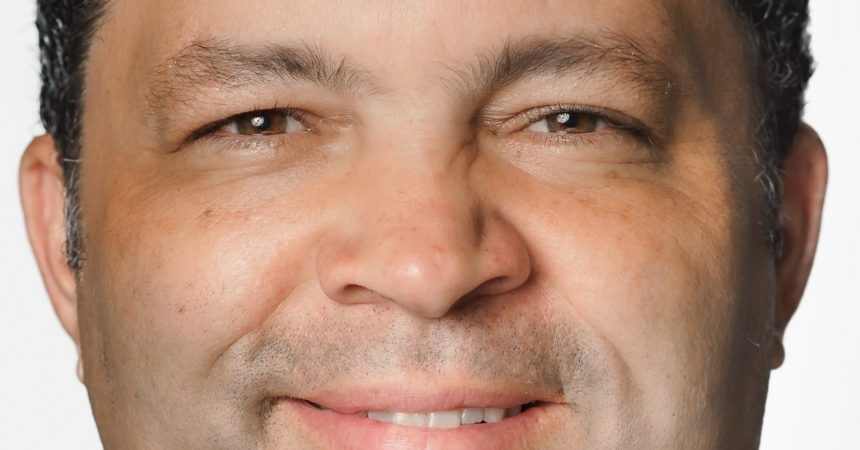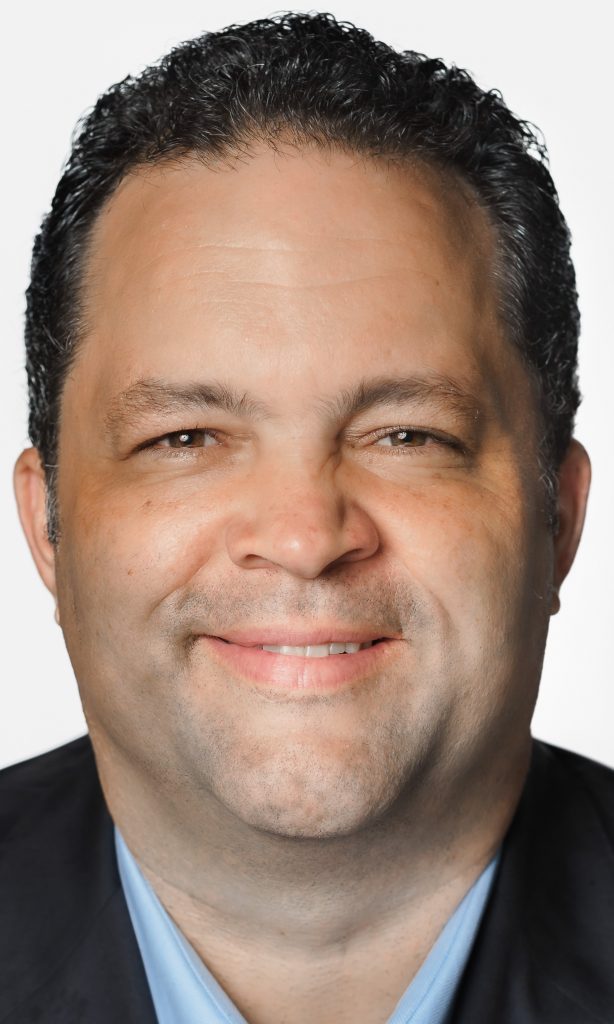
Elect public officials who are committed to stop police killings

Millions of Americans have turned out in big cities and small towns to protest the killings of unarmed civilians—often Black people—at the hands of law enforcement. If we want our demands for justice and accountability to lead to real policy change, we need to build on that activism by electing public officials with the commitment to reform law enforcement and the courage to act when police abuse the power of their badge.
In presidential election years, most of the energy and focus goes to the top of the ticket. And that’s essential this year. But we can’t ignore the fact that we have been through a spring and summer of traumatizing televised murders of Black people. We are still learning the truth about the deeply disappointing decisions not to indict police officers involved in shooting and killing Breonna Taylor in her own home. We need to make change at the local level, where those decisions are made.
People For the American Way has endorsed more than 100 young progressive candidates who have demonstrated dedication to creating public safety solutions that reflect the values of fairness, justice, and equal treatment under the law. The “Stop Police Killings” slate is designed to bring attention and support to candidates for local and state office who understand the impact of police killings on communities of color and who are passionate about pursuing justice.
Hundreds of applicants answered questions about personal experiences that motivated them to stop police violence and their positions on policies and practices that limit unnecessary police contact, psychological screenings for police officers, removing problematic officers, recruiting good officers, reallocating police budgets, cultural competency and de-escalation training, and other issues.
We have identified great candidates in key metro areas across 25 states. They’re running to become mayors, district attorneys, city council members, county commissioners, and state legislators.
We’re proud of the candidates who made it onto our slate. It includes people like Stephanie Morales, Commonwealth’s Attorney for Portsmouth, Virginia, who successfully prosecuted a police officer who killed an unarmed Black teenager. “Public servants have a responsibility to protect their communities,” she said at a recent event announcing the slate. “The charge to imagine what public safety looks like in our country is long overdue, and I’m pleased to join this roster of incredible candidates to hold violent police officers who violate the law criminally accountable for terrorizing Black and brown communities.”
Christian Menefee, a candidate for Harris County Attorney in Texas, calls this “a pivotal moment in our country,” adding that “we cannot and should not sit on our hands waiting for the federal government to act. It’s time for local leaders to step up and protect Black and Brown communities.”
Brandon Scott, who is running to become mayor of Baltimore, says, “We can end police killings of unarmed civilians and begin to rebuild trust so that law enforcement is focused on doing the things necessary to keep all communities safe.”
Nakita Hemingway is running for the Georgia legislature to represent an area near to the spot where Ahmaud Arbery was killed. Her desire to make change has been influenced by her own interactions with the criminal justice system as a Black woman.
People For the American Way’s Next Up Victory Fund will support candidates in competitive races through donations, earned media support, social media, and engaging our members and activists.
I want to encourage everyone who wants to help bring an end to unjust police killings to take a look at our slate and find ways to support these candidates and others in their local communities who are committed to reimagining public safety.
We have changed the public conversation about policing and justice by taking to the streets. Now let’s change the laws and policies that are standing in the way of justice by taking the fight to the halls of power. That’s what elections are for.







